Ban GMOs – FSG
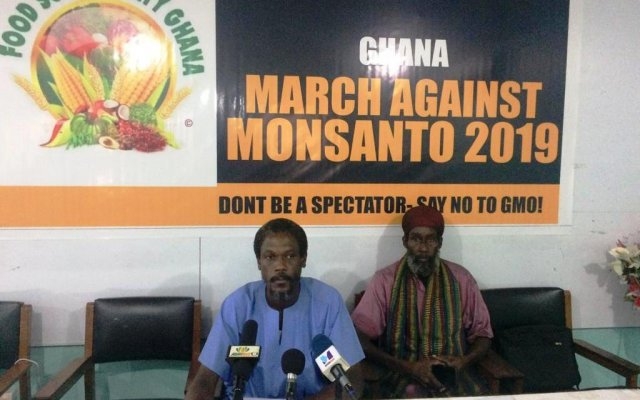
“We support the call for labelling but since GMOs are yet to be cultivated in Ghana, we go beyond the call for labelling in demanding an indefinite moratorium on, or a ban on all GM foods in Ghana,” Edwin Kweku Andoh Baffour, the Communication Director of FSG, said at a press conference on Saturday, 18 May 2019.
GMOs were introduced into the country in 2013 and by 2014, confined field trials had begun on GM rice and cowpea in the Ashanti Region, and cotton in the three regions of the north.
Ghana's Biosafety Act, 831, 2011, permits the introduction of GMOs. FSG has already begun a legal battle to fight the commercialisation and development of GMOs.
At a press conference organised in place of an earlier planned ‘March Against Monsanto’ due to the ban on noisemaking in Accra, FSG said they stand in solidarity with hundreds of cities and millions of people around the world “against the unethical and destructive corporate practice of Bayer Monsanto” which is championing the adoption of GMOs.
The group said Ghana’s agriculture is challenged by a lack of road infrastructure from farm gate to market, a lack of credit to farmers, lack of irrigation interventions and little post-harvest infrastructure to preserve the abundant harvests of farmers.
For them, “The introduction of GMOs will not address any of these critical concerns”.
They further called on President Nana Akufo-Addo and the New Patriotic Party (NPP) government to reconsider Ghana’s agricultural agenda, which they claim seem to include GMOs in the plan.
“It is extremely worrying that Ghana is losing sight of a clear opportunity that has presented itself for us by growing organic produce for markets around the world. We enjoy a comparative advantage to exploit this market which is valued globally at $97 billion as of 2017,” Mr Baffour added.
The group insisted that GMOs can cause potential harm to humans and other living organisms hence the push for its avoidance and adoption of sustainable and safer methods of food production.
“The technology currently exists; that is developing drought-resistant, pest-resistant and high-yielding crops through traditional breeding and selection. Marker-assisted agro-ecological farming is not only inexpensive, and sustainable, it is far more successful than GM technology,” the group noted.
Additionally, they also called for the reconsideration of the Plant Breeders’ Bill. The bill aims to protect the rights of scientists and corporations in relation to the creation of seeds or crops developed for Ghana.
Even though some experts argue that GMOs and the bill are unrelated, activists insist that Ghana could become dependent on certified seeds from multinational companies and other GM seed producers, creating challenges for local farmers which could lead to economic problems.
In such a situation, the activists believe Ghana's food sovereignty will be surrendered to individuals and private organisations.
Other groups such as the Coalition For Farmer’s Rights, Advocacy Against GMOs, Ghana Catholic Bishops’ Conference, the Convention People’s Party, the Peasant Farmers Association of Ghana (PFAG), the Vegetarian Association of Ghana, the General Agricultural Workers Union (GAWU) of the Trade Union Congress, the Rastafari Council of Ghana and the Ghana Muslim Mission have all argued against GMOs.
Some of the groups hold the view that GMOs are neo-colonialist, a threat to economic and food sovereignty and also to national security.
Source: Ghana/ClassFMonline.com/91.3FM
Source: David Apinga
Trending News
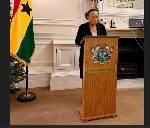
Ghana High Commission hosts health workshop to promote staff wellbeing
15:48
E/R: Police restore calm at Boadua
17:54
Sam George reveals past law enforcement leaks enabled cyberfraud in Ghana
16:15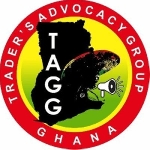
COVID-19 levy removal: TAGG commends Prez. Mahama
14:18
Cybersecurity Authority led arrest of ‘Abu Trica’ in a multi-million dollar romance scam
13:39
Domestic Violence Laws exist, but funding gaps continue to fail survivors — FIDA
15:31
Unsung officers credited with decline in 'landguardism' in Greater Accra
18:15
No case to answer: Justice Kulendi petition thrown out
14:59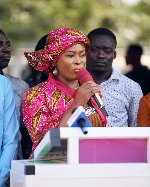
Hon. Joana Gyan Cudjoe's teacher initiative supports 39 Schools in Amenfi Central
12:21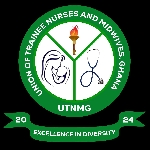
UTNMG demands fair treatment for unregistered students at Bolgatanga Nurses’ Training College
13:12




